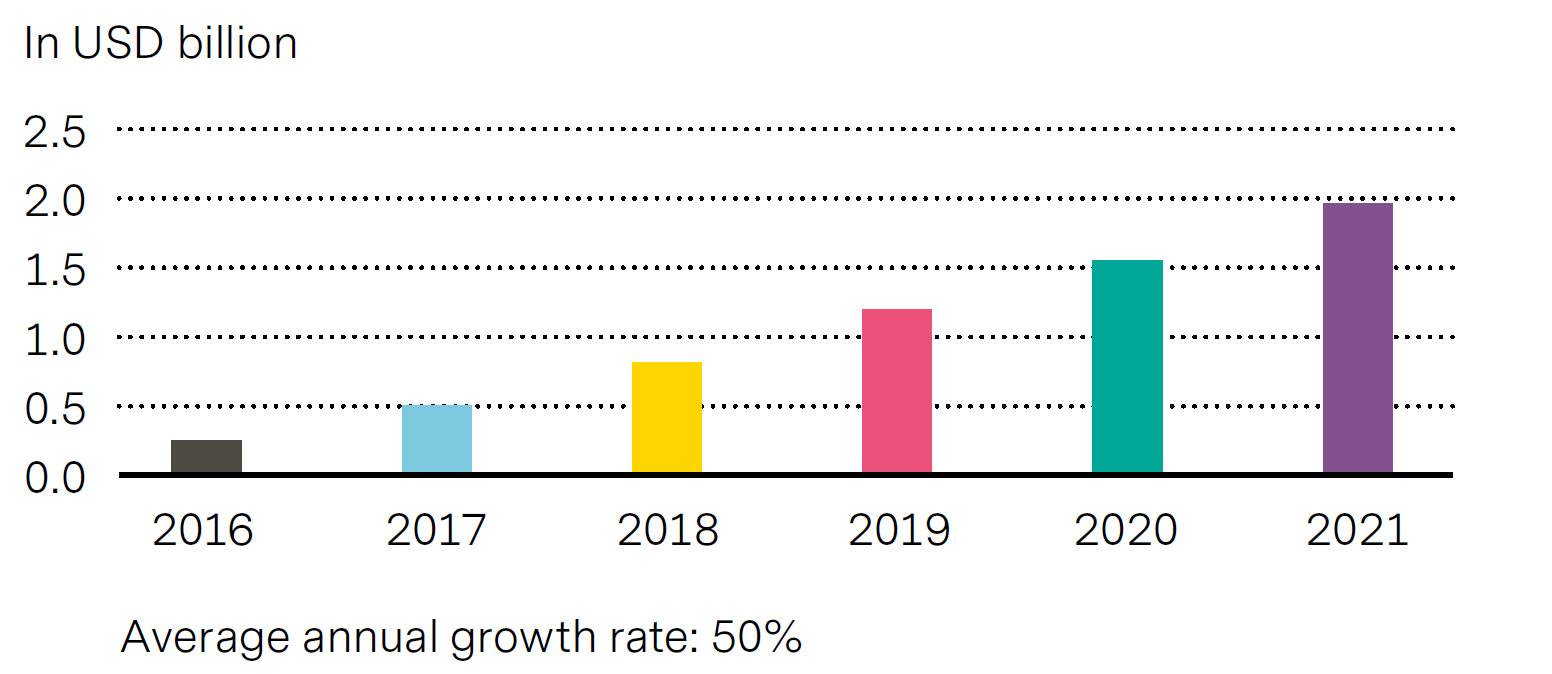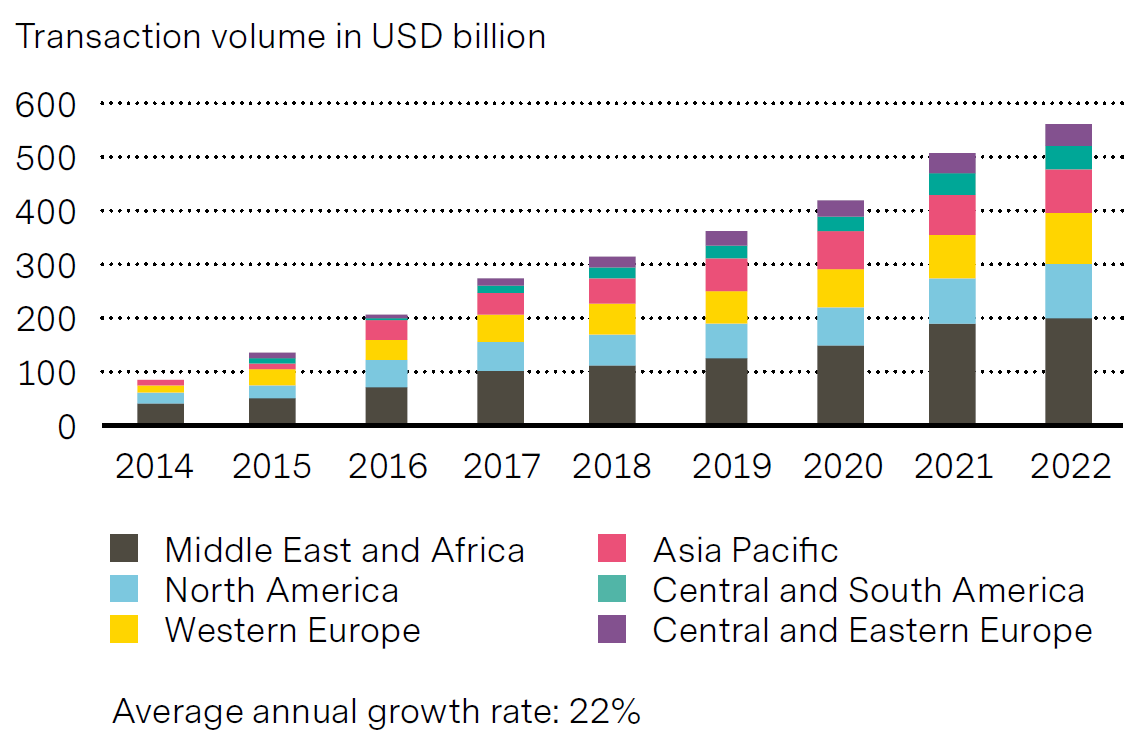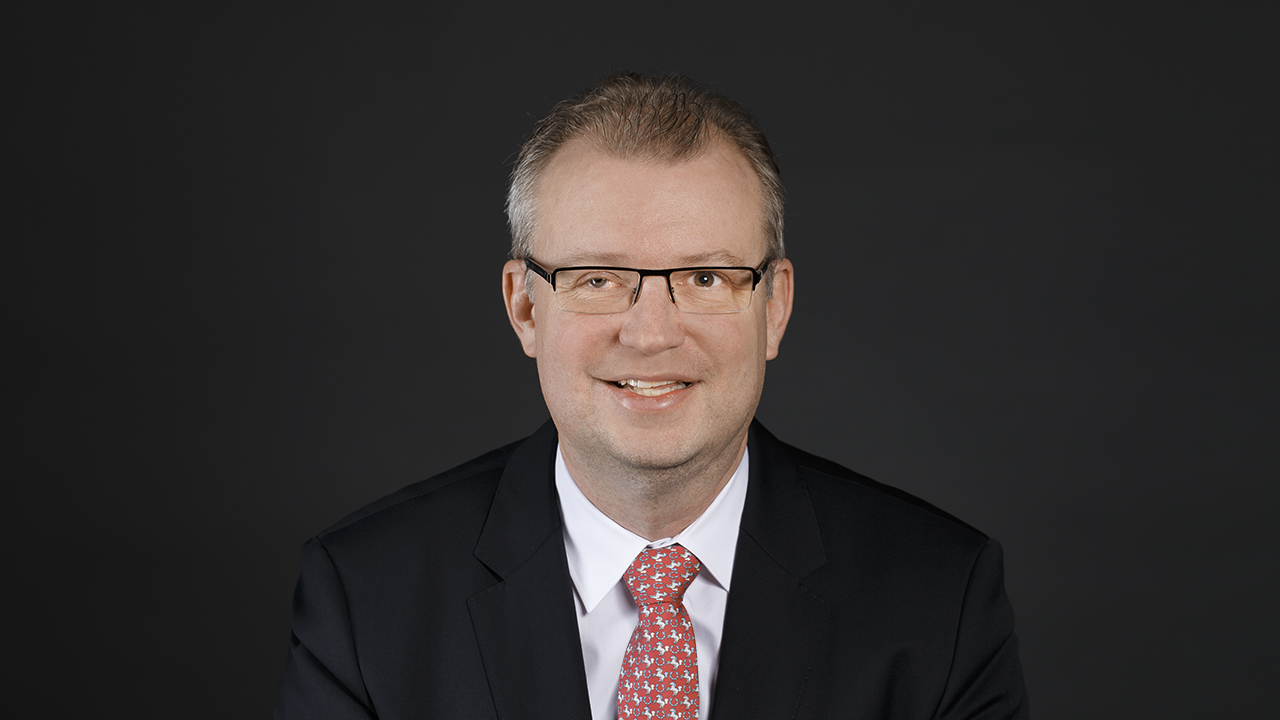Impact Investing: Make a Difference
Space travel has once again grabbed our attention. The U.S. space agency NASA has just successfully landed the “InSight” probe on Mars. But on occasion it’s appropriate to bring the focus back to Earth – from the vantage point of space. Recalling the abortive Apollo 13 space mission in 1970, it’s tempting to repeat the comments of the astronauts at the time: “Houston, we have a problem”. After an oxygen tank exploded, the crew members showed remarkable nerve and a talent for improvisation, and managed to return to Earth safely. This attitude is worth taking to heart when considering the precarious state of our planet today.
One of the tasks facing the Apollo 13 crew was the repair of the on-board carbon dioxide removal system, which had malfunctioned. It would be nice to have a similar system for our planet today to deal with the rising CO2 concentration in the atmosphere and prevent accelerating climate change. But what other challenges are we currently facing? Here is a short list:
- Environment: air pollution causes 9 million deaths and costs 4.6 trillion U.S. dollars every year. Over one billion people live in regions with water scarcity, and this figure is set to rise to around 3.5 billion people by 2025, according to figures from the Organisation for Economic Co-operation and Development (OECD).
- Education: the lack of affordable education affects over 1 billion people worldwide, 263 million of them children.
- Health: 1.3 billion people worldwide have no access to affordable healthcare according to the World Health Organization (WHO). 11 million people die every year after eating unhealthy or contaminated food, according to a United Nations report.
- Poverty: 2 billion adults have no bank account, according to the database Global Findex. Around 815 million people suffer from chronic undernourishment, according to WHO research.
Not everything is as bad as it seems. So how should we tackle such challenges? Investors interested in sustainability are spoilt for choice. There has been a steady increase in the number of listed companies generating attractive returns and “doing good” through their products and services in areas such as healthcare, education, combating poverty and the environment.
Environmental and social protection: marketable solutions needed
Public funding and non-governmental organisations (NGOs) play an important role in tackling environmental and social problems. But corporations with scalable and economically sustainable business models play an equally important role. Obviously they are interested in making a profit, but without their products and services – which ideally should have a positive environmental and social impact – no solution to the problem would be possible. Both now and in future, digitalisation also has a crucial role to play as an accelerator of growth, affordability and efficiency, especially in areas such as the environment, education, healthcare, financial integration and food security for impoverished populations.
For a healthier world: healthcare and prevention
Access to affordable healthcare is being facilitated by greater efficiency, especially through technologies. One effective solution, for example, is telemedicine, where the patient’s condition is diagnosed remotely. The service saves time and is available around the clock, whether the patient is at home or travelling. According to Cotiviti, a provider of payment accuracy solutions, the cost savings are around 70% in the USA, for example (40 U.S. dollars compared with 125 on average). This is also a positive sign that high-quality healthcare is affordable for emerging- market countries.
Education: driver for good career prospects
The lack of affordable and quality education undermines the career prospects of pupils from low-income households. But equality does not always have to be expensive. One alternative is to offer study platforms and distance learning as well as educational services such as online homework support and the lending of course books (see chart). This can give financially disadvantaged students access to an excellent education.
School students in India increasingly seeking online courses

Source: Statista, Vontobel
Escaping the poverty trap: online payment makes life easier
Around 2 billion adults have either had limited access or no access at all to financial services and rely on the cash economy. At the same time, some 1.6 billion people in developing countries have a mobile phone. This allows them to use a mobile payment system such as M-PESA, which is now available to around 80% of households in Kenya. Many governments across the globe are aware that these new technologies facilitate access to the financial system. They also bring enormous efficiency gains for farmers in remote areas, who with one click can settle their bills or arrange loans online via apps installed on their mobile phone.
Strong growth in access to mobile payment and credit worldwide

![]()
Source: Technavio, Vontobel
Saving the environment: cleaner energy, management of water and waste
Air pollution causes 9 million deaths and costs 4.6 trillion U.S. dollars every year. The level of suffering is too high in many regions. China, for example, wants to invest USD 360 billion up to 2020 in wind and solar energy, in a bid to reduce reliance on coal for power generation. An overriding goal is to use resources more efficiently – not just energy, but also water, for example. Efforts can also be seen to reduce the mountains of trash. Without a well-organised waste disposal solution sustainable development is impossible in the long run.
Additional information
Would you like to know more about our megatrend “Impact Investing”? We would be happy to provide you with further information.

